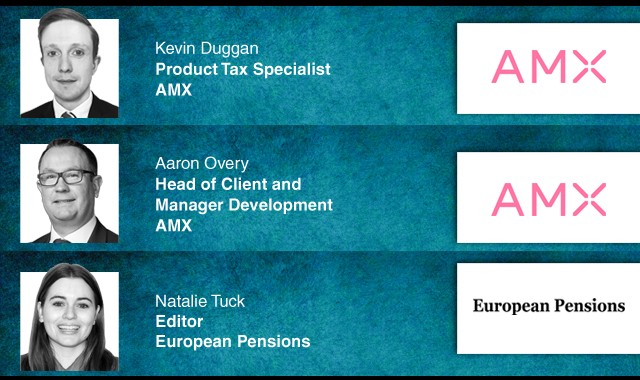Sweden’s fourth national pension buffer fund, Fjärde AP-fonden (AP4), made a return of 9.6 per cent after costs in 2020.
Publishing its full-year results, the fund said successful active asset management contributed 2.4 percentage points to the return, equating to more than SEK 10bn in added value. The net result for the year was SEK 39.3bn, and during the year the fund capital increased to SEK 449.4bn after a total of SEK 7.9bn was paid out to the pension system. Total costs amounted to 0.09 per cent of assets under management.
In addition, AP4 revealed it has cut the carbon footprint of its investments in its listed equities portfolio in half since 2010 and has now concretised new, ambitious climate targets aiming to once again halve the carbon footprint by 2030 with a view to have net-zero emissions by 2040 at the latest.
AP4 CEO, Niklas Ekvall, said the fund navigated the turbulent market situation.
“AP4’s favourable historical result is due in large part to the ability to leverage the unique conditions that exist in the buffer funds’ statutory mandate: to act long-term and thereby have the ability to withstand large market movements where it favours long-term returns.
“Our long-term approach was an enormous asset for us during the very difficult, disordered and turbulent market that we experienced during the first half of the year. For example, we increased our investments in both equities and corporate bonds when prices of these fell indiscriminately during the month of March.”
Furthermore, he said the carbon footprint of AP4’s equities portfolio decreased by a further 15 per cent during 2020 and is now less than half of what it is for a broad global equities index. During 2020 AP4 further advanced its positions in the areas of the climate and environment, and carried out a number of important initiatives.
“Among other things we have built a new fundamental, thematic global equities management, and we have started to use new, forward-looking data to assess how portfolio companies are acting in relation to the Paris Agreement. During the year an analysis of the climate transition and its impact on fossil fuel–based companies was conducted, and as a consequence of this, companies whose plans and targets are deemed to be not in line with the Paris Agreement have been divested from the portfolio,” Ekvall explained.
Latest News
-
Nordea Life & Pension written premiums reach ‘record high’ €3.1bn in Q1
-
Norway’s GPFG makes 6.3% return in Q1
-
Pensioenfonds PostNL funding ratio sees slight increase
-
Record number of Sampension customers contributing extra to pensions
-
EIOPA, EBA and ECB create framework for collaboration on DPM 2.0 standard
-
Spanish individual pension plan and EPSV assets increase by 3.33% in Q1
Podcast: The benefits of private equity in pension fund portfolios

The outbreak of the Covid-19 pandemic, in which stock markets have seen increased volatility, combined with global low interest rates has led to alternative asset classes rising in popularity. Private equity is one of the top runners in this category, and for good reason.
In this podcast, Munich Private Equity Partners Managing Director, Christopher Bär, chats to European Pensions Editor, Natalie Tuck, about the benefits private equity investments can bring to pension fund portfolios and the best approach to take.
In this podcast, Munich Private Equity Partners Managing Director, Christopher Bär, chats to European Pensions Editor, Natalie Tuck, about the benefits private equity investments can bring to pension fund portfolios and the best approach to take.
Podcast - The power of three: Using Common Contractual Funds to improve tax outcomes for investors

Large asset owners are still investing in equities in a way where they are taxed on their income. The implication is that they get a poorer return. They need to, and can, improve this, but how?
In this podcast, AMX Head of Client and Manager Development, Aaron Overy, and AMX Product Tax Specialist, Kevin Duggan, discuss with European Pensions Editor, Natalie Tuck, about three options to help ensure good withholding tax outcomes for institutional investors.
In this podcast, AMX Head of Client and Manager Development, Aaron Overy, and AMX Product Tax Specialist, Kevin Duggan, discuss with European Pensions Editor, Natalie Tuck, about three options to help ensure good withholding tax outcomes for institutional investors.
Mitigating risk
BNP Paribas Asset Management’s head of pension solutions, Julien Halfon, discusses equity hedging with Laura Blows
© 2019 Perspective Publishing Privacy & Cookies








Recent Stories